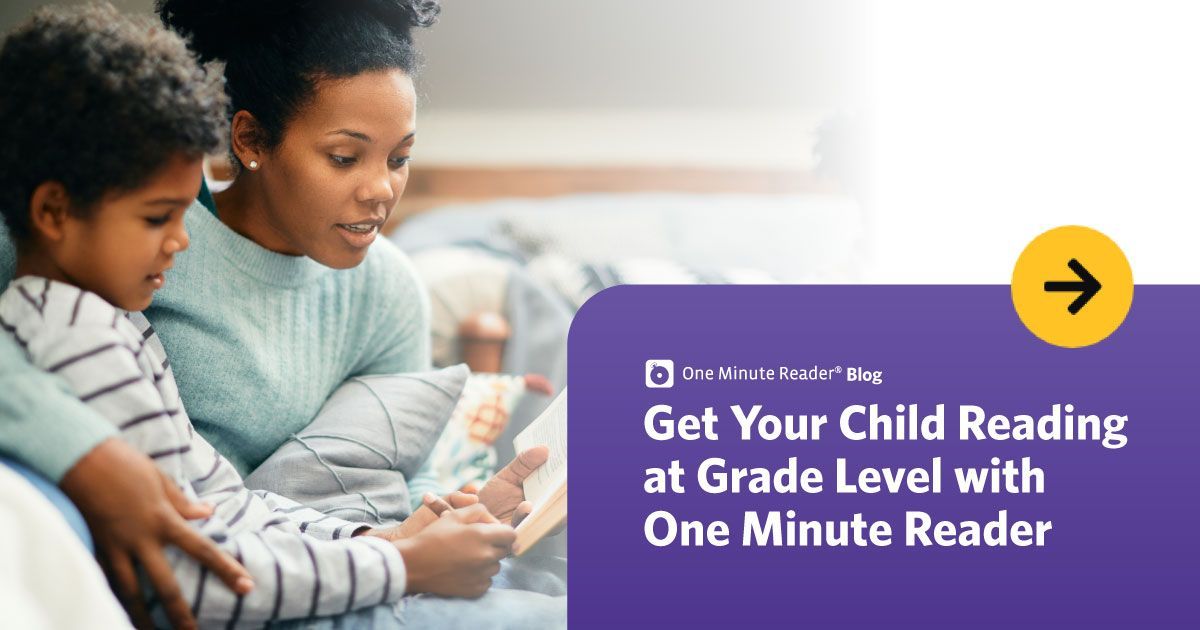Blog
Celebrating International Children's Book Day
Since 1967, International Children's Book Day has been celebrated on or around Hans Christian Andersen’s birthday on April 2. Each year, the International Board on Books for Young People selects an artist and author from a member country to create art around a theme, and the theme for International Children’s Book Day in 2024 is Imagination. To download the official poster and a handout with more information, click here.
We at One Minute Reader are proud to inspire a love of reading and to celebrate children’s books around the world. Here are some ideas for celebrating International Children’s Book Day with your kids.
- Check with your local library to see if there are events planned, such as special readings by authors.
- Choose a book from the 2024 Outstanding International Books List. After reading the book with your kids, find the country where the book is from on a map and help them do some research on that country and its customs.
- Serve a dish from one of the countries featured in the book list.
- Challenge your kids (and yourself!) to read books from around the world. They can put a pin in a classroom map to show where the books are from and share what they learned about that country.
- Set aside time for a read-along of one of the books on the list. Everyone likes to be read to, no matter how skilled they are!
Let us know how you plan to celebrate International Children’s Book Day in the comments!
Highlighted Posts


Ready to see an improvement in your child's reading?
Sign up today and get seven days for FREE.
One Minute Reader is just $8 per month after your free trial.
